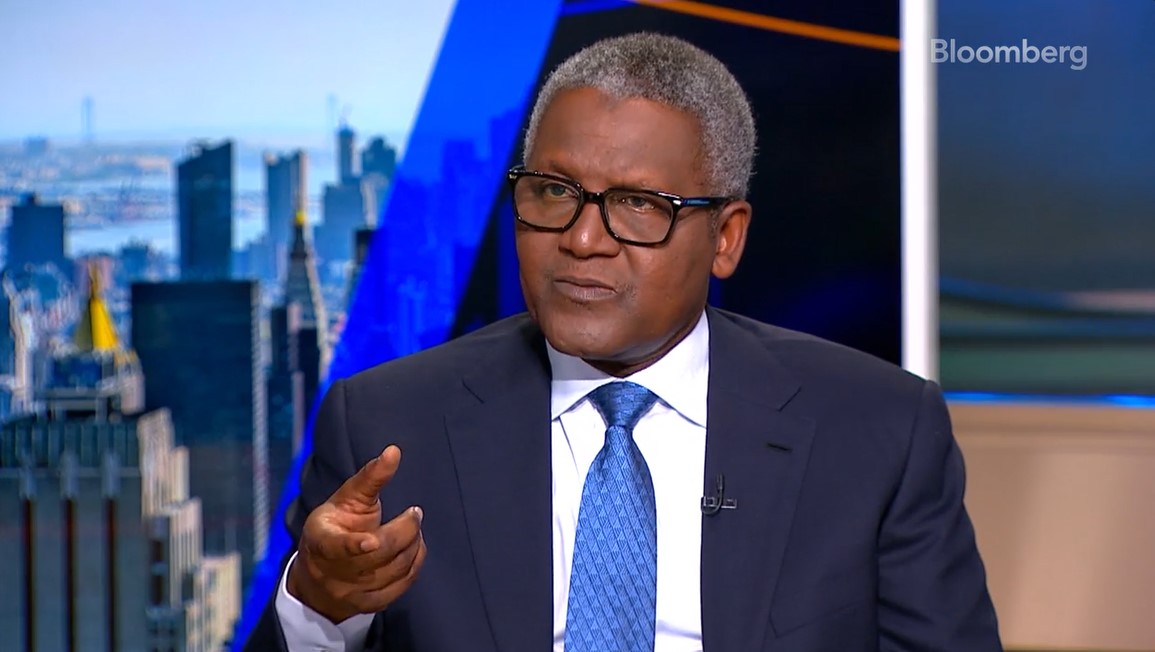There’s a saying in Africa that “ndila i vhudziswa vha re phanḓa”, loosely translated to mean to know
the route to a destination, you ask from those who are ahead.
The phrase came to mind during a recent casual discussion with a European corporate strategist who
had flown to South Africa to collect data on the strategies currently being implemented in South
African organisations as they grapple with the new mandatory ESG reporting. You would be forgiven
for assuming that European companies would have the advantage, or first mover advantage, of
finding opportunities in their externalities and then have the leadership in enshrining methods to
mitigate them.
In mining and energy sectors the large impact of the value chain footprint has morphed into severe
negative externalities so much that shareholders now demand apriori systems to mitigate the vast
greenhouse gas emissions attributed to upstream business operations. There is hardly a news
bulletin on the networks that does not mention climate hazards that experts blame on the whims of
unplanned or unmitigated exploration or production activity. Water table contamination stories
resulting in complete dry-outs of water resources in larger cities in Africa and other regions,
exacerbated by crippling poverty and inequality conditions of political misrule and indecision, have
made investors sit up and take notice that they are decimating the same markets their products
intend to reach.
As he sat across the table speaking with a measured tone, my guest, Dimitri Russel* conceded that
the world’s transformative technologies represented the largest opportunity to be an equalizer for
organisations and communities. Long gone are the days of technologies within the enterprise that
operated in silos and could hardly peer into multiple departments: the requirements of reporting on
equity targets, gender balances, skilled personnel, and even demographics data by shareholders and
senior leadership is forcing leadership to seek enterprise systems that will make such data available
for strategy development and securing their license to operate.
We concurred that stakeholder mapping investments should be as detailed as STATSSA data, as it
serves little purpose to not have a thorough analysis of the immediate impact on constituencies
where the greatest risk exists. The Chief Sustainability Officer is now the repository for more
detailed strategic spreadsheet data, including information on suppliers, employees, communities,
and even individual gender diversity data that will satisfy regulators and investors.
For example, the levels of detail used by Walmart to develop their ESG Themes and Priority Issues
could serve as a beacon to guide the way for many organisations. Walmart’s assessment of its
externalities led to the development of an ESG reporting matrix that captured Opportunity,
Sustainability, Community, and Ethics and Integrity framework that places sustainability directly at
the leadership preserve, reporting directly to the Board oversight committee and organisational
governance within the VP Corporate Affairs function.
“Our view is simple: a company’s long-term success depends on its performance on the societal
issues most relevant to its business and stakeholders. We can’t have a strong business without a
thriving planet and the trust and engagement of customers, associates, suppliers, investors, civic
partners, and communities”, says Kathleen McLaughlin EVP and Chief Sustainability Officer at
Walmart Inc.
Walmart’s total acquisition of Massmart in South Africa and the subcontinent will allow the company
to apply its knowledge of ESG reporting and management systems to its African operations.
Corporations cannot report record profits in the face of widespread poverty and underdevelopment.
In South Africa, ESG represents self-regulation and an opportunity to show compassion in a few
sectors. However, in the future, government policies may become tougher on entities whose smash
and grab activities have resulted in shameful externalities. For good measure, the government has
demonstrated its willingness to impose sustainable corporate behavior through the Asbestos
Abatement Regulations, 2020.












